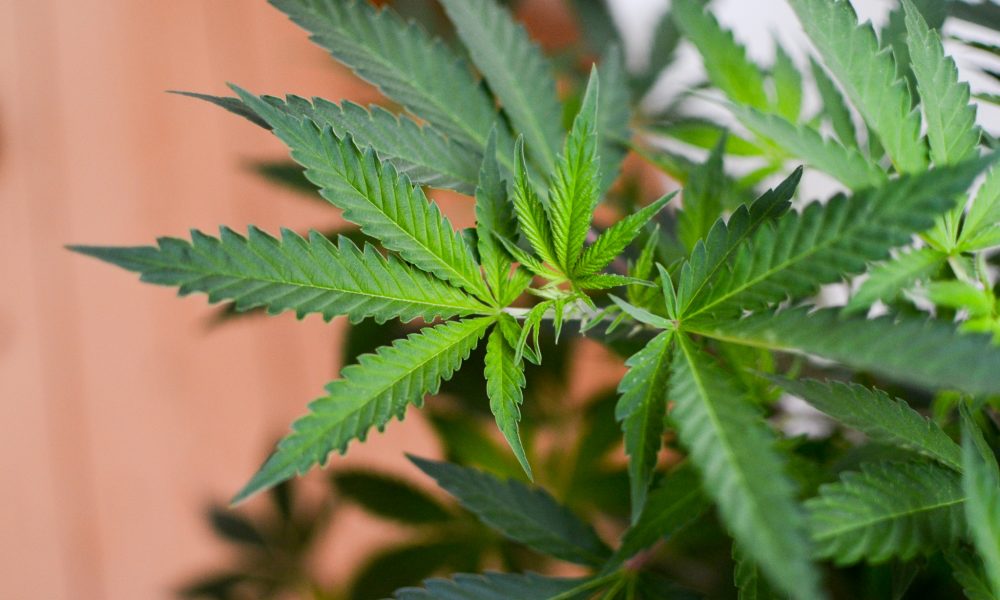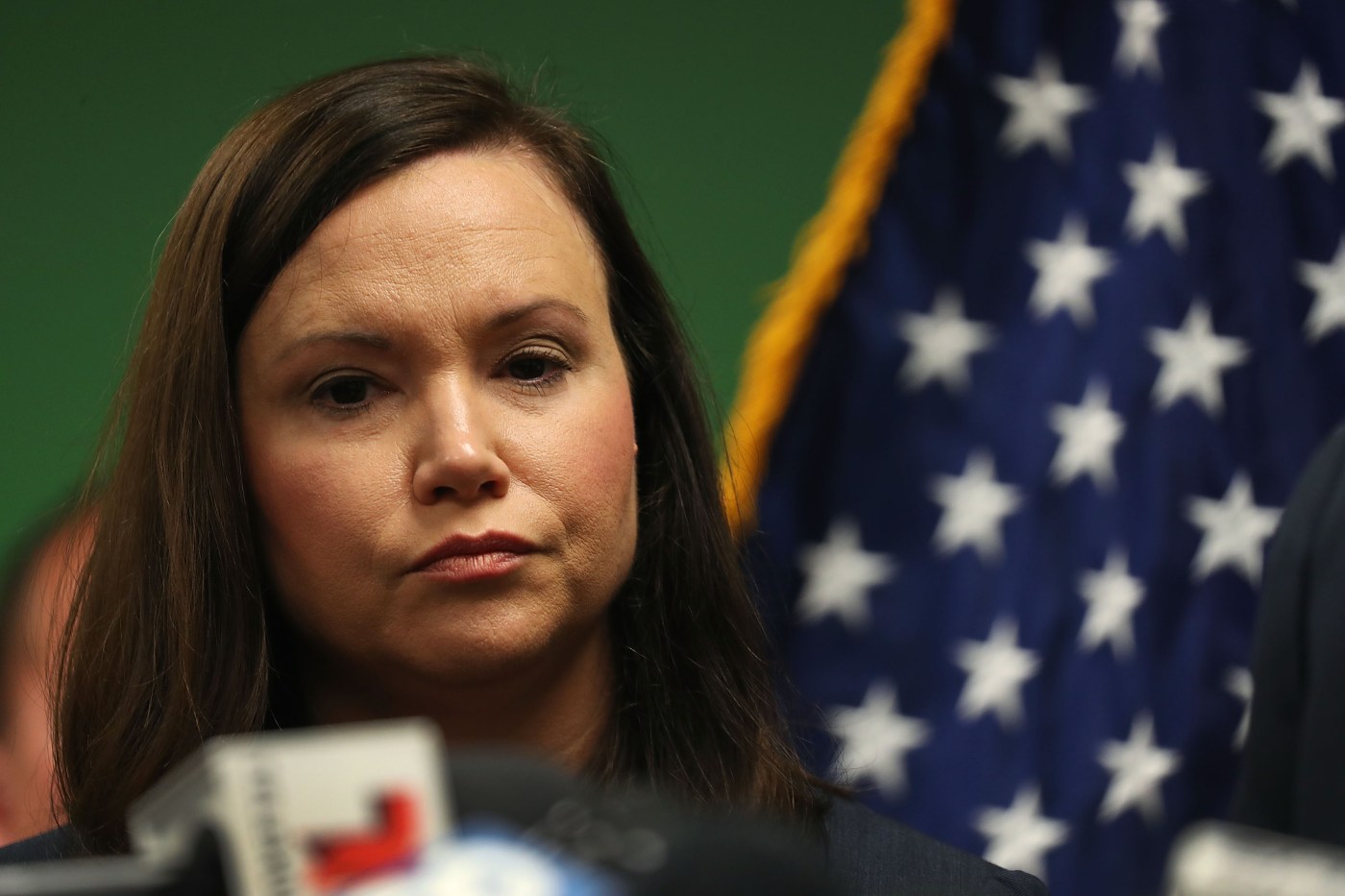
South Dakota activists have collected enough signatures to put a marijuana legalization initiative on the November ballot, the secretary of state’s office announced on Monday.
About a month after South Dakotans for Better Marijuana Laws (SDBML) submitted the petitions, Secretary of State Monae Johnson’s (R) office confirmed that the campaign collected 22,558 valid signatures—which is about 5,000 more than required for ballot placement.
For months it’s been unclear if the grassroots efforts would be able reach the signature threshold for ballot placement, as national industry and philanthropic financial support has been negligible this cycle. But the campaign pushed forward, and now the state has verified their success.
People have until July 3 to challenge the state’s verification of signatures, the secretary’s office said in a press release.
We qualified for the November 2024 ballot! To everyone who gave their time, energy, or signature to this petition, we thank you – qualifying an initiative for the ballot is the first step towards reforming South Dakota’s cannabis policy in 2024. pic.twitter.com/kfKDteF6ei
— South Dakotans for Better Marijuana Laws (@southdakotamj) June 3, 2024
The initiative will appear on the ballot as Measure 29.
Voters did approve an earlier legalization initiative in 2020, but it later was invalidated by the state Supreme Court over single-subject concerns. The campaign’s second initiative in 2022 was rejected by voters. A separate medical cannabis initiative that was also approved by voters in 2020 was not challenged and remains state law.
In December, the secretary of state’s office approved a circulator handout submitted by SDBML, a requirement that has allowed the campaign to deploy paid canvassers to gather signatures along with its grassroots network of volunteers who have been distributing petitions.
The campaign material simply features the state attorney general’s title and explanation of the ballot measure, which was finalized in August.
The initiative would allow adults 21 and older to purchase and possess up to two ounces of cannabis. They could also grow up to six plants per person for personal use, which is up from three plants in the last version. There’s also a 12-plant maximum per shared living household—double the prior six-plant limit.
Now the campaign’s mission is to win over voters who rejected legalization in the last election.
PRESS RELEASE: Fourth Ballot Question Validated for 2024 General Electionhttps://t.co/wmcAXvdpwy pic.twitter.com/unTDuODmB7
— South Dakota Secretary of State (@sodaksos) June 3, 2024
“Qualifying for the ballot is an enormous accomplishment and one worth celebrating. But we need to get right back to work—Election Day is just five months away,” Matthew Schweich, executive director of SDBML, said in an email blast to supporters on Monday. ” Let’s take the energy and momentum from our successful signature drive and channel it towards a victory this fall!”
Ahead of that election, a poll found that 51 percent of South Dakotans planned to vote against the legalization measure, while 40 percent said they’d be supporting it and 10 percent remained undecided. That was the third poll in a row showing the legalization measure behind.
Meanwhile, a separate proposed 2024 legalization ballot measure, sponsored by Rapid City resident Emmett Reistroffer, also received its final ballot explanation from the state attorney general. That initiative would legalize adult-use possession and cultivation of cannabis, while allowing medical marijuana dispensaries to serve adult consumers. That said, the chief backer of the proposal said he had no plans to collect signatures or campaign for the change.
Separately, opponents of legalization filed two other proposed ballot measures to tighten drug laws in the state. One would repeal the state’s medical marijuana law, while the other would keep federally banned substances from ever being legalized by voters.
The state attorney general finalized the ballot explanation for the medical marijuana repeal measure last August. But SDBML has said the initiative should be thrown out due to an alleged error in how the proposal was filed, failing to include a full list of the state statutes it would seek to undo.
After voters approved medical cannabis legalization in 2020, the governor tried to get the legislature to approve a bill to delay implementation for an additional year. But while it cleared the House, negotiators were unable to reach an agreement with the Senate in conference, dealing a defeat to the governor.
In response, Gov. Kristi Noem’s (D) office started exploring a compromise, with one proposal that came out of her administration to decriminalize possession of up to one ounce of cannabis, limit the number of plants that patients could cultivate to three and prohibit people under 21 from qualifying for medical marijuana.
—
Marijuana Moment is tracking more than 1,500 cannabis, psychedelics and drug policy bills in state legislatures and Congress this year. Patreon supporters pledging at least $25/month get access to our interactive maps, charts and hearing calendar so they don’t miss any developments.
Learn more about our marijuana bill tracker and become a supporter on Patreon to get access.
—
In the 2022 legislative session, the House rejected a legalization bill that the Senate had passed, effectively leaving it up to activists to get on the ballot again.
A Marijuana Interim Study Committee, headed by legislative leaders, was established to explore cannabis policy reform, and the panel in November 2021 recommended that the legislature take up legalization. The House-defeated legislation was one of the direct products of that recommendation.
The governor separately signed a bill into law in February that will require patients to check off a box on medical marijuana card applications affirming that they’re aware that federal law prohibits cannabis consumers from buying and possessing firearms.
Currently more than 11,500 people in South Dakota hold medical marijuana cards—nearly double the 6,000 cardholders that state officials expected to enroll in the program by 2024.
Where Presidential Candidate Donald Trump Stands On Marijuana
Photo courtesy of Philip Steffan.







